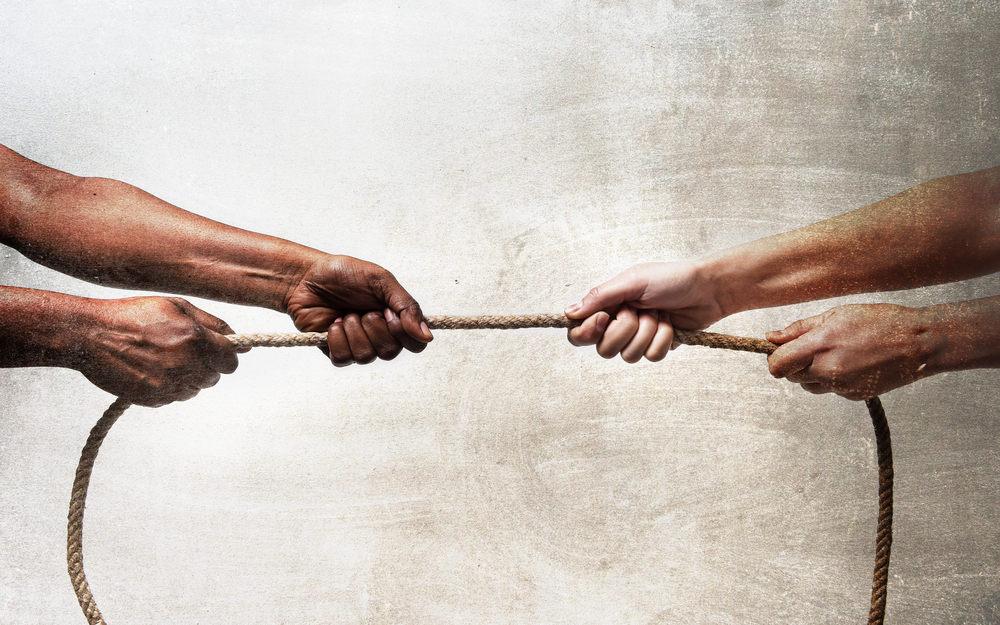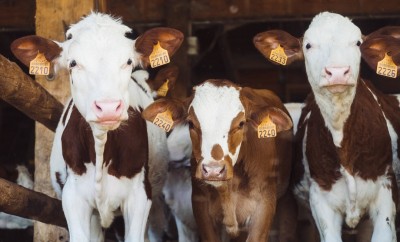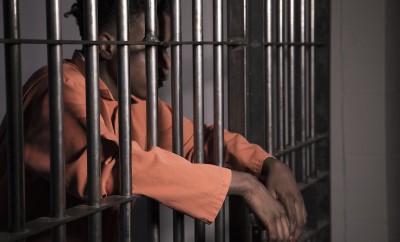Cultures
Terrorism won’t wipe out America, we’re doing it ourselves

Image: Marcos Mesa Sam Wordley/Shutterstock
The 21st century is rife with human advancement, but amidst the scientific and technological breakthroughs lies a ticking bomb that could prove to be the very bane of our existence—discrimination, so rife, it begets hate and ultimately, provokes death. The basis for this discrimination, one might add, stems from diversity, for which earth is a perfect example. With the innate human need for self-justification, the world has become less of a melting pot and more of a tossed salad, violence being the major dressing.
True, events like the civil war and world war II have shed light on the susceptibility of man to be violent, still, the world was thrown into a state of shock when on the 11th of September 2011, a terrorist attack, master minded by AL Qaeda and targeted at Americans, crashed two planes into the World Trade Center, killing thousands and rendering many injured. As is expected, countries took this as an initiative to up safety procedures, but it was ultimately ineffective in preventing the series of attacks by terrorist group ISIS that would take place in subsequent years. Assaults, characterized by lethal bombs and be-headings, spiraled out of control, seeding an innate fare in the minds of many as to the uncertainty of the future. This concern, though necessary, was quite misdirected. Why fear extinction at the hands of terrorism when we’re doing a perfectly good job at it ourselves.
When the United States was dubbed land of the free, it was because of the harmonious existence European slaves and castaways were able to exhibit after they had pried away from the British imperialists. Hector John Crevecoeur referred to it as “the new race of men” that was welcoming of everyone from different races. Here, religion and trade were practiced without interference, respect was reciprocal and the importance of privacy was highly valued. The shift in the economical system and the birth of the underground railroad, however, punched a hole in this facade, requiring the need for man as property, the importation of slaves and subsequently the class divide that partitioned America into the majority and minority.
A notable side effect of this divide would be the chain reaction, in recent times, that has seen the unjustifiable killings of black minority by white police officers, the mass murder of white police officers by black gunmen and the resurgence of the Ku Klux Klan group . It forces the conclusion that racial segregation in the United States is delineated by hate. The concept, still remains, ultimately unfathomable, how utterly appalling one can find another so much as to take his or her life, how superiority can be so blinding as to demean the personal worth of another, how merciless killings could ever prove an enticing answer to mindless questions.
The present mindset of the country seems distorted and chaotic, featuring a haphazard citizenry that do not feel safe enough to be protected by the police, a disgruntled law enforcement who may not feel at all motivated to protect those who are slaughtering them, and rousing suspicions as to which of our neighbors could be their brothers keepers and which are actually extremist group members.
Despairing as the case may seem, it is painfully obvious that the solution should be non-violence, but the widespread thirst for power, accusation and vengeance makes the possibility of this far from obvious to many. In the midst of pointing two fingers, if we’d pause for a second, we’d realize that the other three are pointing back at us. Much as we take time to condemn the terrorists that exist in other countries we should not forget to pay attention to the ones we unconsciously breed at home. External terrorism won’t wipe out America, we’re doing a great job at it ourselves.





0 comments